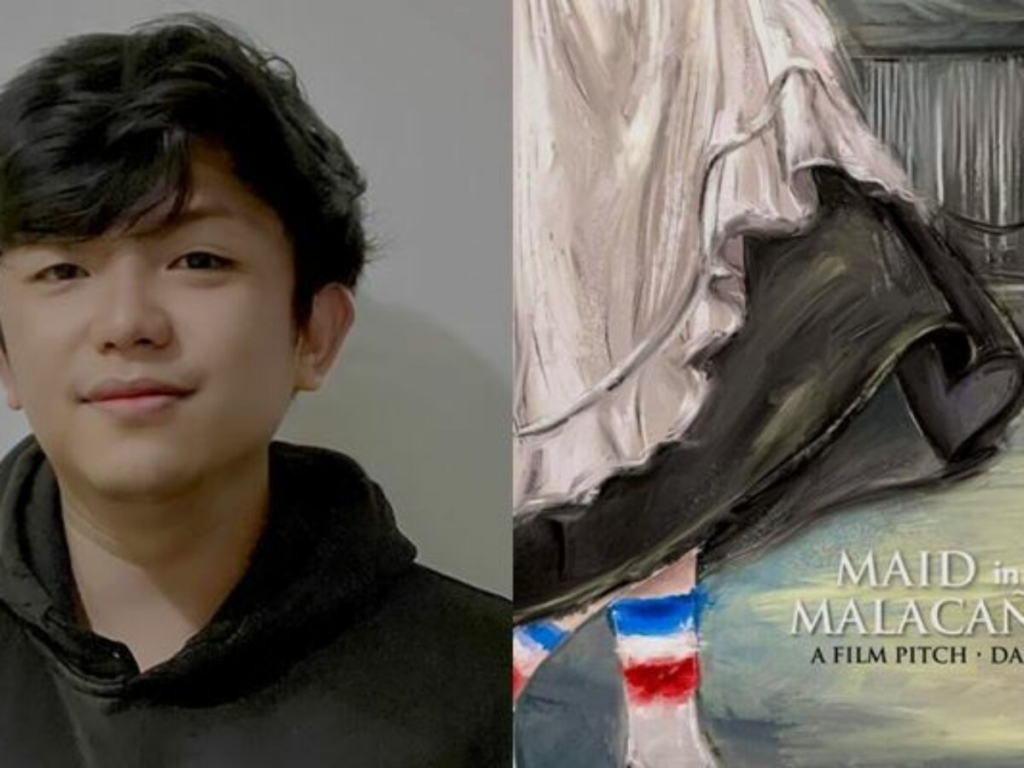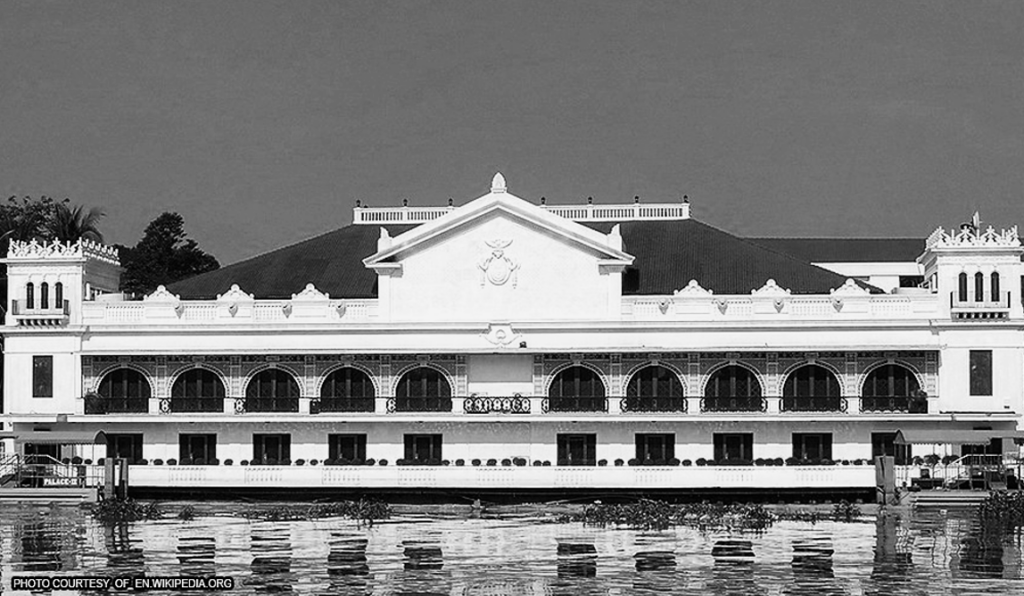The director of “Maid in Malacañang,” a film portraying the last 72 hours of the Marcos family at the Palace in 1986, has addressed victims of Martial Law following criticism of the film’s representation of actual facts.

Darryl Yap highlighted victims of human rights violations under the Marcos regime in an episode with Boy Abunda published on Thursday.
While the film seeks to “humanize” the Marcos family by showing their “side of history,” Yap emphasizes that “Maid in Malacaang” does not dismiss the memories of Martial Law victims.

“Walang dapat ipag-alala ang mga nasaktan noong panahon na ‘yun, sapagkat hindi ko naman sinabing walang nasaktan noong panahon na ‘yun. Hindi ko sinabing walang naabuso, walang natapakan, o ‘di naman kaya ay walang kalabisan o pagkukulang ang mga Marcos,” he remarked.

Yap, on the other hand, believes that former President Ferdinand Marcos Sr. and his family are not exclusively to blame for the horrors committed during the Martial Law era. According to Amnesty International, 70,000 people were imprisoned, 34,000 were tortured, and over 3,200 died during the Marcos regime’s execution of Martial Law.

“Sa mga biktima ng Batas Militar, hindi ko po puwedeng sabihin na ang panunungkulan ng kahit sinong presidente ay perpekto, ang panunungkulan ng kahit sinong opisyal ng gobyerno ay walang butas. Ako po, naniniwala ako na may mga kalabisan during Martial Law. Pero hindi po ako naniniwalang lahat ‘yun ay utos na nanggagaling sa Malacañang,” he added.

Yap equated Martial Law atrocities to occurrences or circumstances “beyond the control” of presidents who succeeded Marcos Sr., citing natural disasters and hostage-taking as illustrations.
“Dapat bigyan po natin ng espasyo, ng duda, gaya ng pagbibigay natin ng duda sa iba nating mga lider na, ‘Hindi naman ito ginusto ni President…’ Nagkaroon ng hostage-taking, it’s beyond his control. Nagkaroon ng national calamity, it’s beyond her control. Alam niyo po ‘yun? Hindi ako naniniwalang dapat isisi sa iisang tao ang lahat,” he explained.

Despite this, he stated that he “believes” in the principle of “command responsibility.”
“Of course, kung sino ang nagtalaga sa taong gumawa ng mali, dapat meron din siyang pananagutan,” Yap explained.







